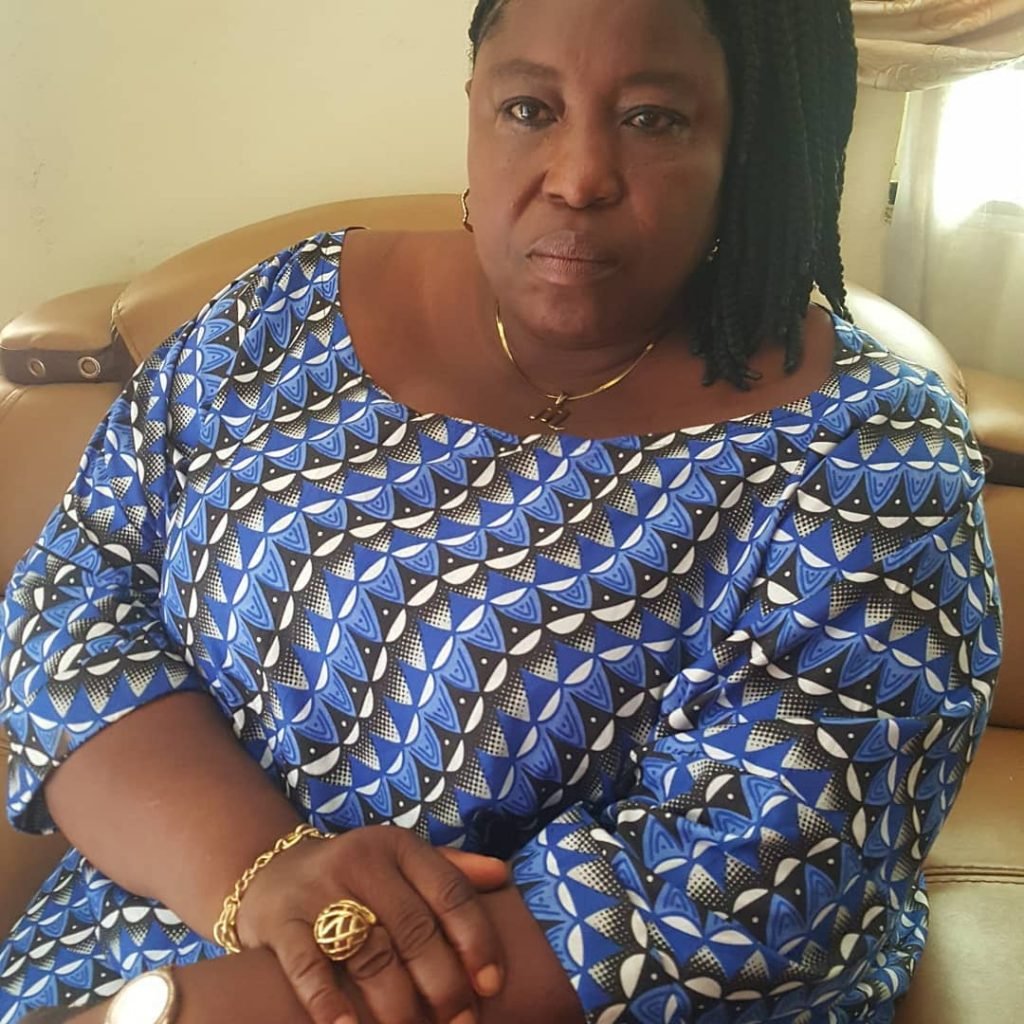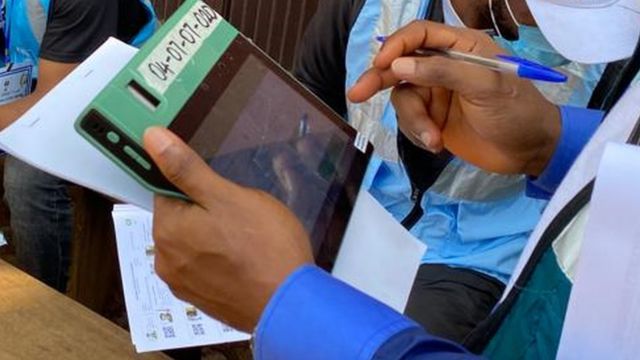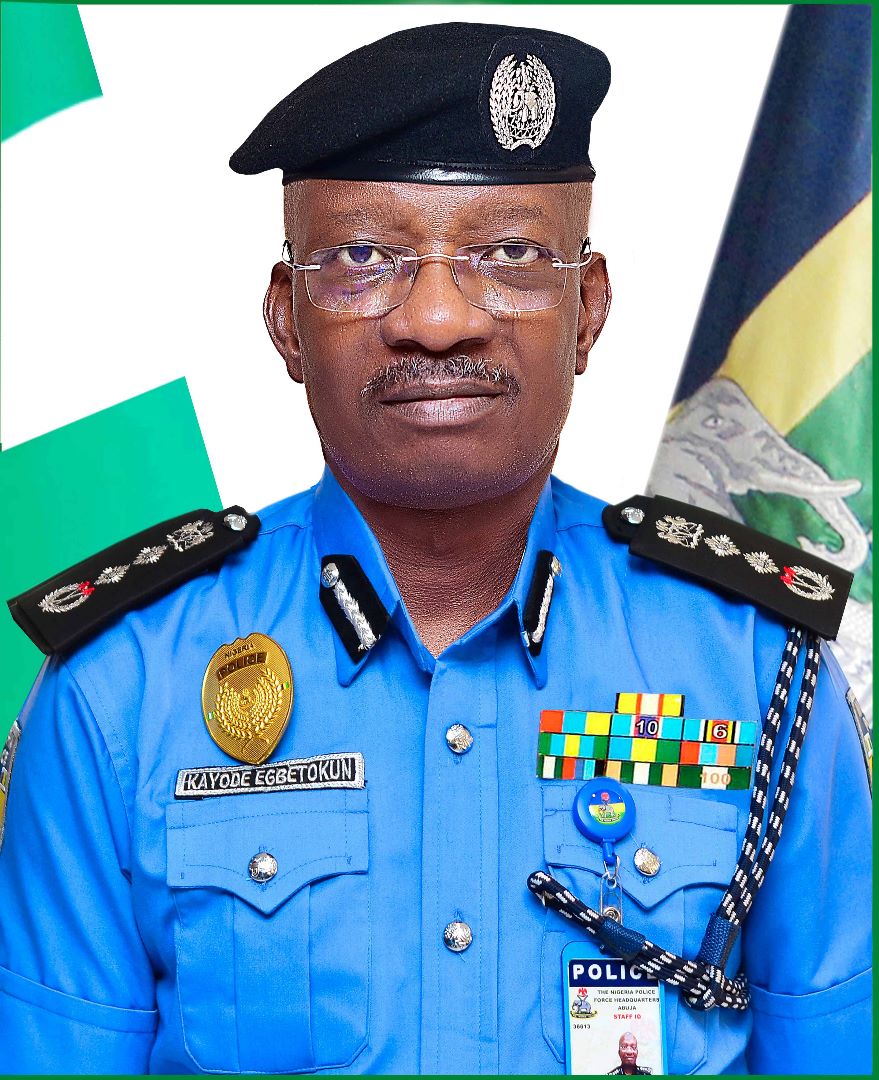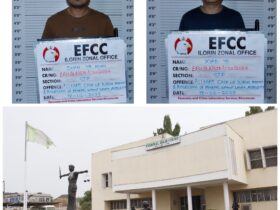The Bimodal Voter Accreditation System (BVAS) deployed for February 25 general election failed to transmit the results of the Presidential election, two INEC’s ad-hoc staff told Presidential Election Petition Court.
Mr. Friday Egwuma and Grace Timothy the two ad-hoc staff who served as Presiding officers in polling units in Abia State and Plateau State told the court on Thursday that presidential election results were not transmitted from polling Units after the results were recorded, snapped, and entered,
Both of them testified under subpoena as Atiku witnesses. They further told the court that the BVAS machine allocated to them developed a system error immediately after the results of the Senate and House of Representatives held same time and venue were transmitted.
In their subpoena evidence, the two workers of the electoral body explained that they had to resort to other means of getting the results through when it became clear that the BVAS machines would not help them.
Egwuma was a Presiding Officer in a polling unit in Abia State while Grace Timothy served INEC in Plateau State.
Apart from the failure of the BVAS machines to transmit the presidential election results, the two witnesses admitted that voting went smoothly in their respective places of work.
They were led in evidence by Atiku’s lead counsel Chief Chris Uche, SAN. However
under cross-examination by Mr. Abubakar Mahmoud SAN who stood for the electoral body, Egwuma explained that he resorted to the offline system in place of the BVAS machines.
In her own, Grace Timothy told the Court that the greatest challenge she experienced during the election was the uploading of the presidential election results into the I- rev portal.
The witnesses were also cross-examined by Chief Wole Olanipekun SAN who stood for President Bola Ahmed Tinubu and Prince Lateef Fagbemi SAN who represented the All Progressives Congress APC.
Early yesterday, the Independent National Electoral Commission INEC, Bola Tinubu, and APC had vehemently kicked against the bid by Atiku to have the INEC ad-hoc staff testify in the petition challenging the declaration of Tinubu as the winner of the 2023 presidential election.
Tinubu’s lead counsel Chief Wole Olanipekun SAN objected to the tendering of statement on oath of the witnesses at the Presidential Election Petition Court (PEPC) in aid of Atiku’s petition.
The respondent argued that the statements of the ad-hoc staff were not front-loaded at the time of filing their petition
He asked the Court to reject the witnesses and discountenance their statements on the grounds that they violated the provisions of the Electoral Act 2022.
Tinubu’s arguments against the subpoenaed witnesses were adopted by Prince Lateef Fagbemi SAN who stood for the APC and Abubakar Mahmoud SAN who appeared for INEC.
Atiku’s lead counsel, Chris Uche SAN asked the Court to dismiss the objections on the grounds that they were utterly misplaced and misconceived.
Uche argued that the objections by Tinubu, APC, and INEC were deliberate ploy designed to delay proceedings.
The senior lawyer insisted that the statements of the subpoenaed witnesses could not have been front-loaded along with the petition because they have not been summoned at the time of filing the petition.
He asked the Court to discountenance the objections of the three respondents and hold that they are not regular or additional witnesses envisaged in the law cited by Olanipekun. The council said that it would be a denial of a fair hearing to bar a witness under subpoena from testifying when the respondents have the right to cross-examine the witness.
The presiding Justice Tsammani stood down the matter for a ruling but on resumption, Justice Tsammani announced that ruling in the objections had been reserved till the judgment date.
The court directed the petitioner’s lawyer to proceed with his subpoenaed witness testimony.
Meanwhile, further hearing in the petition has been shifted to June 9











